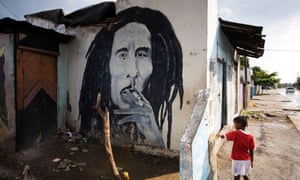Hello people.
Just before the holidays, I went to listen to this talk.
I will develop the subject further in 2019.
More soon.
Reggae On Radio Roundtable
Thursday Dec. 20 2018, 7-8.45pm
Hogg Lecture Theatre, Room L294, University Of Westminster, 35 Marylebone Road, London NW1 5LS (opposite Made Tussuard’s; 2 minutes from Baker Street tube station)
-
The University of Westminster’s Bass Culture research project, in association with BritishBlackMusic.com/Black Music Congress and REIMI (Race Equality In Music Indutry), organised on Thursday December 20 2018 Reggae On Radio Roundtable, which took place on from 7pm-8.45pm.
This discussion forum was convened in response to ongoing concerns on the extent to which there is support for reggae music on British mainstream radio.
Online traffic over the last week or so would suggest that given the impact and continued contributions this music has made to popular music in Britain, it deserves more airtime. The UK has been pivotal in the development of reggae’s international profile, which was recently underscored by its inclusion on the UNCECO Cultural Heritage List.
So why the lack of support in the on national radio?
Key questions at the roundtable included:
Is reggae fairly represented on radio?
Is there any on-radio support for the development of new reggae artists?
What is the way forward for getting better representation of reggae on radio?
+ 3 points for moving forward reggae on music
Invited panel and special guests included:
Neil 'Mad Professor' Fraser, Mykaell Riley, Kwaku BBM, Kienda Hoji, Winston Francis, Lloyd Coxsone, Mandingo, Paulette Long, Steve Barrow, David Katz, Pyhia Robinson, DJ Elaine, Leroy Wilson, Alison Mason
This roundtable was aimed at all Reggae Stakeholders, from fans, musicians, broadcasters, DJs, promoters, managers, academics, to journalists.
-
Organised thanks to Bass Culture/Black Music Research Unit/Mykaell Riley (Principal Investigator and Director of the Black Music Research Unit, at the University of Westminster)













